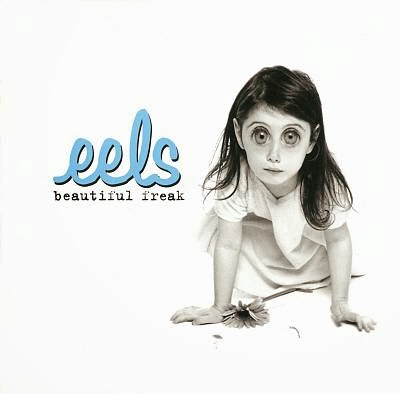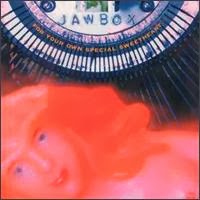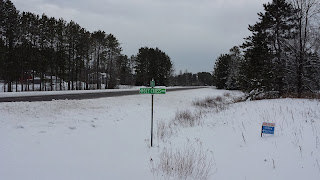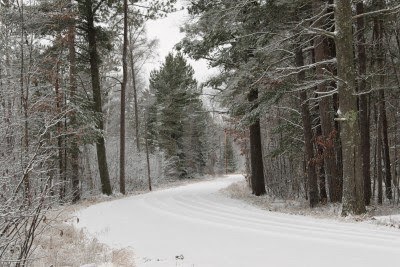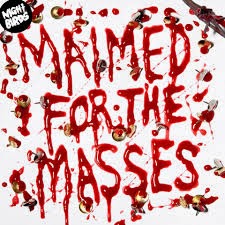Track This: Whitehorse's "Wisconsin"

Folk has increasingly been the rule here at headquarters. When it gets really cold out, there are too consistent directions for the music hereabouts -- acoustic or metal. As it gets colder,(Temperatures are dropping into the negatives lately) the folk albums drop increasingly onto the turntable. While other Canadian folk bands have been covered on the blog, Whitehorse, whose tuneful melodic folk tunes have helped them make the Polaris Short List, has never been mentioned. Their album The Fate of the World Depends on this Kiss is a stunner; beautiful melodies, harmony vocals, and terse production help them stand above the rest in an increasingly crowded field. Whitehorse is made up of Luke Doucet and Melissa McClelland, who both had successful solo careers before teaming up. They have released two records, including The Fate of the World and an earlier equally relevant Self-Titled Effort. These two know how to lay down a mood. Comparisons to the Handsome Family can be easily made,

